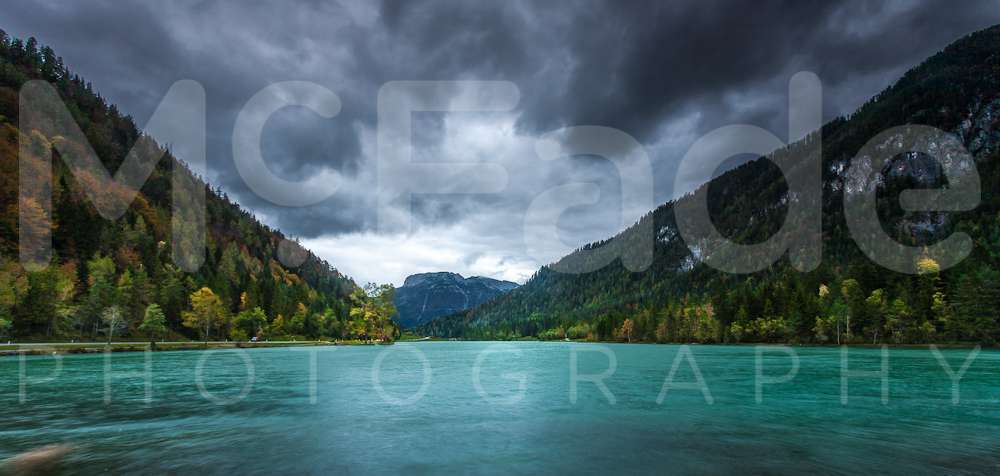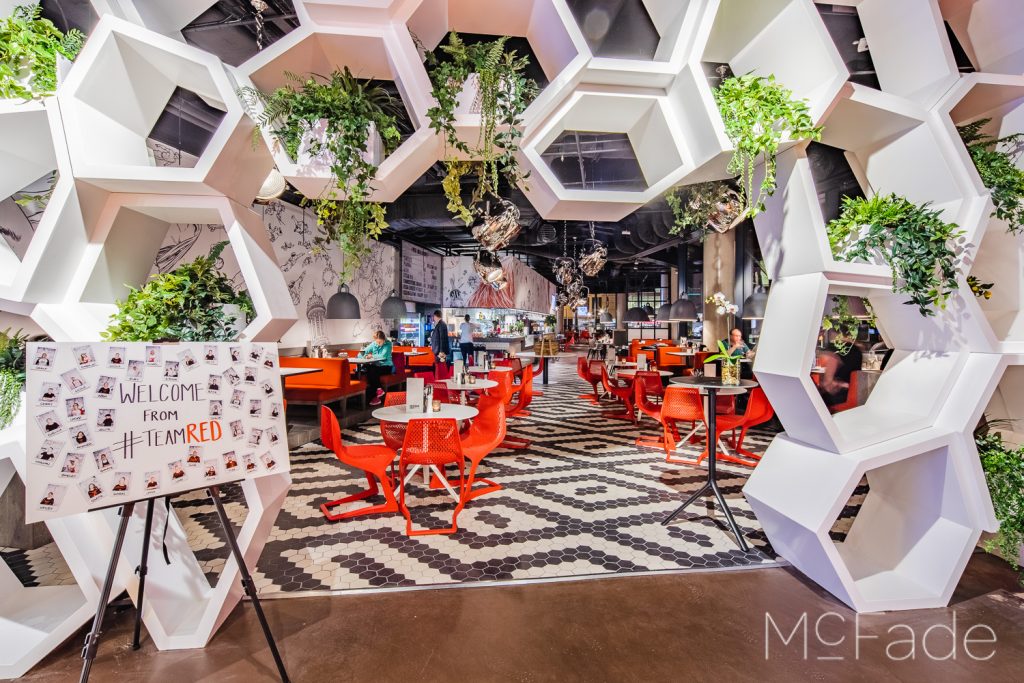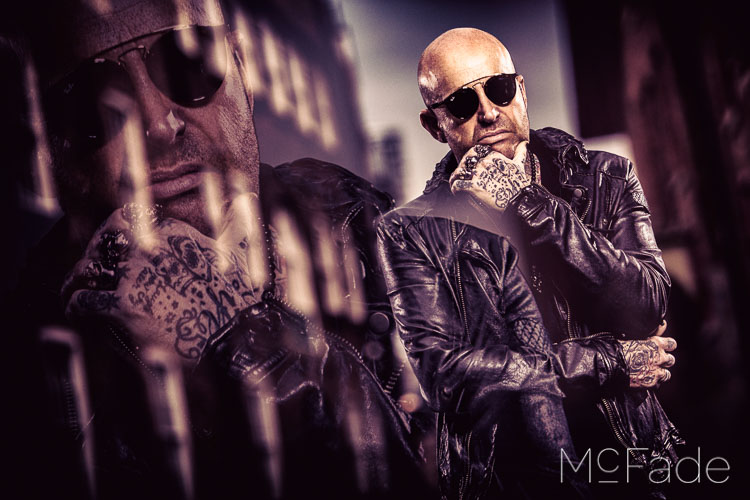The best ways to become a better photographer & improve your photography skills
It’s a fascinating topic, and with photography encompassing so many different aspects from location through to luminosity masks, there’s a million different tracks you can follow.
But I think the main thing you should focus on is finding interesting things to photograph in the first place.
How will this improve your photography?
Find stuff that is interesting….
- This could be anything from a beautiful weir over a river as opposed to just a river.
- It could be a lovely model in a street scene rather than just a street scene.
- It could be finding a cracking boulder to use as foreground rather than just having grass in the foreground.
- It could be waiting for sunset rather than packing up early and heading home for your evening meal
It’s essentially Composition 101. If you can find something that is interesting to begin with, everything else follows.
So all the techniques and skills involved in photography just serve to enhance that great thing you’ve found.
Learn from your mistakes – don’t wate time polishing a….
But conversely, if you find a scene which is a bit bland, no matter what you try to do in processing or shooting or lens choice, you’re going to end up with a photo which just isn’t that exciting.
Now, you might be shouting, but there are so many photographs of very average normal things which look amazing. Now this is very true as well. A lot of this is down to either knowing the area inside out and knowing when it’s going to be good or good luck with things like light and events going on. Most iconic photos from the past could be down to luck, you could argue, but it’s actually down to being in the right place when these things happen – war photographers being a case in point. War is interesting… terrifying, but lots of potential photographs
Experiment With Different Techniques
So if you think about Henri Cartier-Bresson and the man jumping over the puddle, he probably stuck around there for a good time waiting for something to happen there. It wasn’t interesting until the man was there, and then it became for probably a tenth of a second extremely interesting, and then the moment was gone.
If you want to improve, think about photography composition
So that’s my advice really.
It might be something like once, when I got a great sunset with a load of potatoes in a field. The potatoes had been planted, and they put some plastic covering over the top of them all in rows, so it looked like corrugated metal in a way. When the sun got lower, one side of the plastic got really bright and orange, the other side got dark.
All of a sudden, this really average looking scene became quite magical. A thing that was fairly interesting became magical when the light changed.
But it’s things like when you go to the beaches near Liverpool, you’ve got these HUGE metal men all over it. You want to be using them as the “interesting thing” because if you’re getting a nice sunset going on, you just get a lovely sunset photo. But if you’ve got a little metal man somewhere in the distance, or a big one if you stood next to it, then all of a sudden that becomes far more powerful.
So to all you aspiring photographers out there, I would urge you to seek out interesting things that interest you and that are not too far away. Subject is really important, and lighting on that subject is really important.
Get Inspired by the Golden Hour to become a “popular” photographer
So if you want to get noticed, especially on the bigger photo enthusiast sites like Flickr and 500px, you will very rarely see an image in afternoon light get any interest at all, no matter how interesting the scene is.
But you will always get lots of interest in stormy photographs or sunset photographs. Both of those are amazing because it’s just dramatic and different to what we see normally.
Bright days are lovely for paddling in a river or having a lovely walk with the family, but for photographers, you’ll struggle to get anything people will look twice at – unless you fund something exceptional…. maybe a waterfall with a 10-stop ND filter may do the trick, add a little surreal element which gets peoples attention.
Become a better photographer by changing your perspective
Also, images from low down become more interesting because it gives us a false perspective. We are usually 5 to 6 feet tall, and we see the world from that height, and the things on the floor will be a certain size. But if we put the tripod down to 12 inches off the floor, all of a sudden the things near the camera become larger, which is very unusual. So finding that point of interest changes from head height. You have no excuse now because your camera has a pop-out screen, so give it a try.
All Photography Skills Are Useful… but don’t get bogged down…
If you want to progress well, there’s a set of techniques out there for making sure you have the “correct” results, the exact thing you want sharp is perfectly sharp, you have perfect exposure in the camera etc. Hyperfocal distance, sharpest apertures, choosing the right ND grad, which sharpening method to use on a portrait, colour harmonies…
There’s a whole world of things to discover over time – I’m still trying new things in 2025, having started in 2003.
But take it from me, these are all important things to consider – but not as important as finding something interesting in the first place.
And I think once you’ve started taking interesting photographs and can recognise an interesting scene and know what the lighting is going to be like at a certain time of day or year and can almost certainly go back and recreate these interesting scenes, then it’s time to concentrate more on your technique in the shooting and editing.
Go On, Break that rule of thirds, I DARE YOU!
Now I know a lot of you will be shouting at the screen saying, but technique is really important. It’s got to be pin-sharp on the eye; otherwise, it’s a bad shot. This is nonsense. So many great photographs are blurry. Album covers have blurry photos on them – motion blur, out of focus – an image is an image. It’s what it makes you feel that counts, not whether the eye is perfectly sharp.
That said, if you are competing in camera club competitions, if your eye isn’t sharp, you will lose. But I don’t really think the eye being sharp is what makes a photo interesting. It’s more the expression, the feeling of the photograph. The eye being sharp is just something to give you marks for getting correct rather than important intrinsically.
Anyway, that’s some thoughts on what you should be looking at to improve as a photographer. It’s all about finding interesting things in the first place, working out how to make the interesting thing stand out, and composing a shot from it in the first place. Then everything else is icing on the cake. If you start off without an interesting thing, all you’ve got is icing and no cake.
Frequently Asked Questions: Improving Your Photography Skills
1. What are the best ways to improve your photography skills quickly?
There’s no magic bullet, but the best way to improve your photography skills is to take more photos, experiment with different types of photography, and focus on what genuinely interests you. Try new techniques, don’t be afraid to make mistakes, and keep your creative juices flowing.
2. Do I need to know my camera inside out to take better photos?
It helps, but you don’t need to read the manual cover-to-cover. The main thing is to know enough about your camera—how to change the aperture, ISO, shutter speed, and where your focus point is. The rest you’ll pick up by actually getting out there and shooting.
3. How important is photography composition when trying to take better pictures?
Composition is everything. Whether you’re shooting landscape photography or portrait photography, making your main subject stand out and filling the frame with interesting elements is key. Rule of thirds? Break it if you want—just make sure the image is pleasing to the eye.
4. Should I invest in a photography course or just learn by myself?
Both have their place. A good photography course can speed up your progress, especially if you want to develop your skills in a particular genre. But nothing beats real-world practice—put it into practice, get feedback, and learn from your own work.
5. What’s the quickest way to become a better photographer?
Get out of your rut and challenge yourself. Try a different lighting setup, shoot in manual mode, or pick a new subject entirely. The way to improve is to keep things fresh and don’t just stick to what you know.
6. How can I get feedback on my photos and is it worth it?
Absolutely. Ask for feedback from other photographers—online forums, camera clubs, or even social media groups. Constructive feedback helps you understand what works, what doesn’t, and what you can do to improve your photography.
7. Is there any point in shooting digital photography in auto mode, or should I always use manual?
Auto mode is fine for snapshots or if you’re in a rush, but to really take better photos and have more creative control, shoot in manual. You’ll understand how aperture, ISO, and shutter speed affect your final image.
8. What type of photography is best for beginners?
Honestly, whatever gets you excited. Some start with landscape photography, others with portrait photography or street. The best way to learn is to try a bit of everything until you find what you enjoy most.
9. How do I know if I’ve become a great photographer?
You’re probably never going to feel like you’ve “arrived.” Many photographers, even professionals, feel like they’re still on a photographic journey. If you’re making images that are pleasing to the eye and you’re happy with them, you’re on the right track.
10. Does the lens I use really make a difference to my photography skills?
Yes and no. A good zoom lens or prime can give you options, but it’s not about the gear—it’s about seeing. That said, knowing your focal length, aperture, and what each does for your shot does help you improve.
11. How do I keep developing my photography skills without getting stuck?
Try something different: shoot a new genre, join a photography training session, or set yourself little challenges. Maybe fill the frame with your subject, try shooting at different times of day, or even shoot in black and white to focus on elements of light.
12. Why do some photos taken by professional photographers just look better?
Experience, mostly. Years of practice, knowing how to use different lighting, and a good eye for what makes a scene interesting. But everyone starts somewhere—even the pros.
13. What’s the secret to taking great photos in dull or boring locations?
Look for something that stands out: a splash of colour, an unusual angle, or a change in perspective. Sometimes the main subject is right behind the camera, not in front of it! Use different lighting or wait for the right moment.
14. What’s the best way to share your work and get noticed?
Get your images online—Instagram, Flickr, 500px, or your own website. Sharing your work, getting feedback, and connecting with other photographers is a great way to improve and maybe even become a “great photographer” in your own right.





















